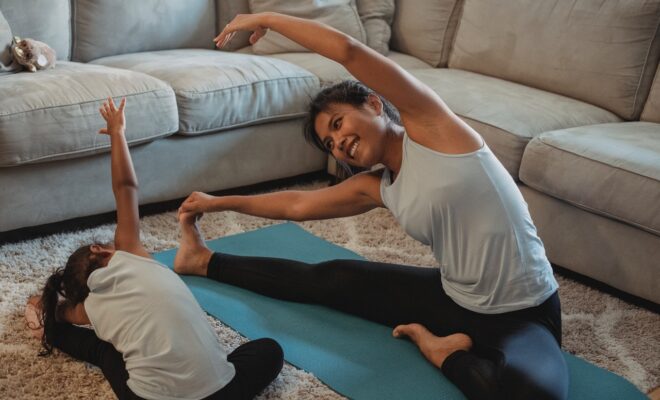
How Physical Therapy Can Help Kids of All Ages With Gross Motor Skills
There are many reasons why a child may need pediatric physical therapy, but one of the most common is problems with gross motor skills. When a child cannot perform certain gross motor skills at roughly the same age as his or her peers, it could be a sign of a developmental delay.
Developmental delays have many possible causes. Sometimes they are complications of an injury that occurred at birth or a hereditary problem that runs in your family. Some developmental delays are idiopathic, meaning that doctors cannot figure out what caused them. Whatever the cause, physical therapy in Old Town Fort Collins, CO, may be able to help your child develop gross motor skills.
Mobility, Coordination, and Balance
Gross motor skills are movements performed by large muscle groups in the torso, arms, and legs. Crawling, running, walking, and jumping are all examples of gross motor skills. The expectation is that children typically learn to perform gross motor skills at a particular age. For example, babies should be able to sit up by themselves by the time they are five months old, crawl on their hands and knees by 10 months old, and walk by themselves around the time they turn one year old. These are called developmental milestones. They are not always exact, but they give an idea of whether developmental delays may be taking place.
Mobility, balance, and coordination are all aspects of gross motor skills. Mobility is the ability to move the limbs and the torso. Balance is the ability to hold oneself upright, whether sitting or standing, without wobbling or falling over.
Coordination is a little more complicated to explain. It is the relationship between the brain and the large muscle groups that results in intentional movement. If something disrupts the communication between the brain and the limbs, the result may be uncoordinated movement.
When you take your child to see a pediatric physical therapist, he or she will start by performing an evaluation to identify any developmental delays and assess your child’s balance, coordination, and mobility.
Finding The Right PT
Colorado offers direct access to physical therapy, meaning that you can take your child directly to a physical therapist without a referral from a doctor. Nevertheless, it may be a good idea to ask your child’s pediatrician for a recommendation. Doctors often have professional relationships with physical therapists that give them insight into the strengths and weaknesses of each. Knowledge about your child may help your pediatrician suggest a physical therapist who would be a good match. You can also ask friends or family members for referrals.
Once you find a few possible candidates, you should ask to meet with each prior to bringing your child in for an evaluation so you can ask some questions. The most important question to ask is whether the physical therapist is particularly trained and licensed to work with children as this can be much different from working with adults. You should also ask about the therapists’ years of experience and the methods they use. Pediatric physical therapists make the treatments seem like games so that they’re fun for the children.
With a little time and effort, you can choose from among the best physical therapists near Fort Collins for children.


You must be logged in to post a comment Login